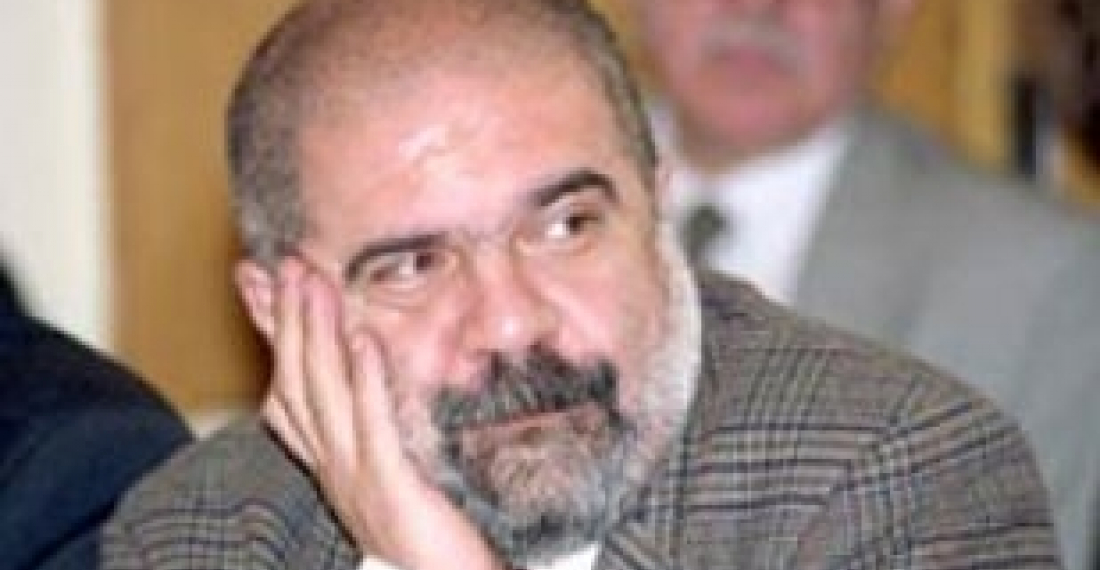Ереван, 24.12.12. АрмИнфо.
В краткосрочной и среднесрочной перспективе не следует ожидать каких-либо изменений в вопросе урегулирования нагорно-карабахского конфликта. Подобное мнение на пресс-конференции 24 декабря выразил политолог, директор Института Кавказа Александр Искандарян.
Он считает, что статус-кво сохранится в течение нескольких лет. По его мнению, причина сохранения статус-кво - не дипломатические усилия, а сохранение военного, пропагандистского и лоббистского баланса, изменение которого невозможно за один год.
Политолог также добавил, что будут продолжены встречи между официальными лицами стран-участниц конфликта. Однако, по словам политолога, формат встреч, в частности, будут ли они проходить на уровне президентов или же министров иностранных дел двух государств, зависит от того, насколько будут заинтересованы в проведении этих встреч Россия и другие ведущие акторы.
Подводя итоги уходящего года в плане внешнеполитических достижений Армении, Искандарян подчеркнул, что Ереван в целом сумел проводить чрезвычайно осторожную и взвешенную линию на фоне процессов, происходящих вокруг Армении - на Ближнем Востоке и в Грузии.
Коснувшись заявления главы делегации ЕС в Армении Траяна Христеи о необходимости выбора Арменией между ЕС и Евразийским союзом, Искандарян заметил, что сравнение этих двух организаций похоже на сравнение гвоздя с луной. " Евросоюз существующая организация с определенной политикой, это одна из самых определенных в мире политических организаций, по сравнению с которой предлагаемый Москвой проект евразийской интеграции выглядит весьма туманным. Как может Армения вступить в то, чего еще нет?!", - задался риторическим вопросом Искандарян.






